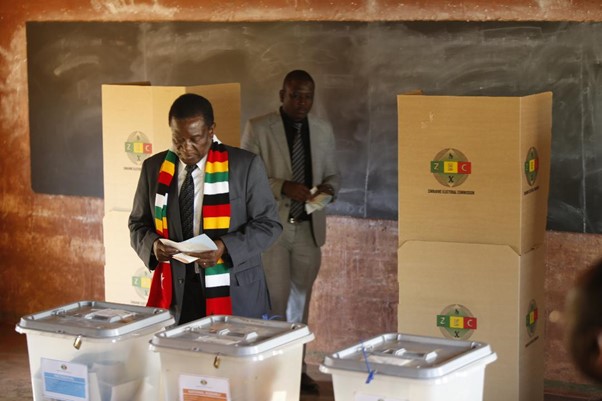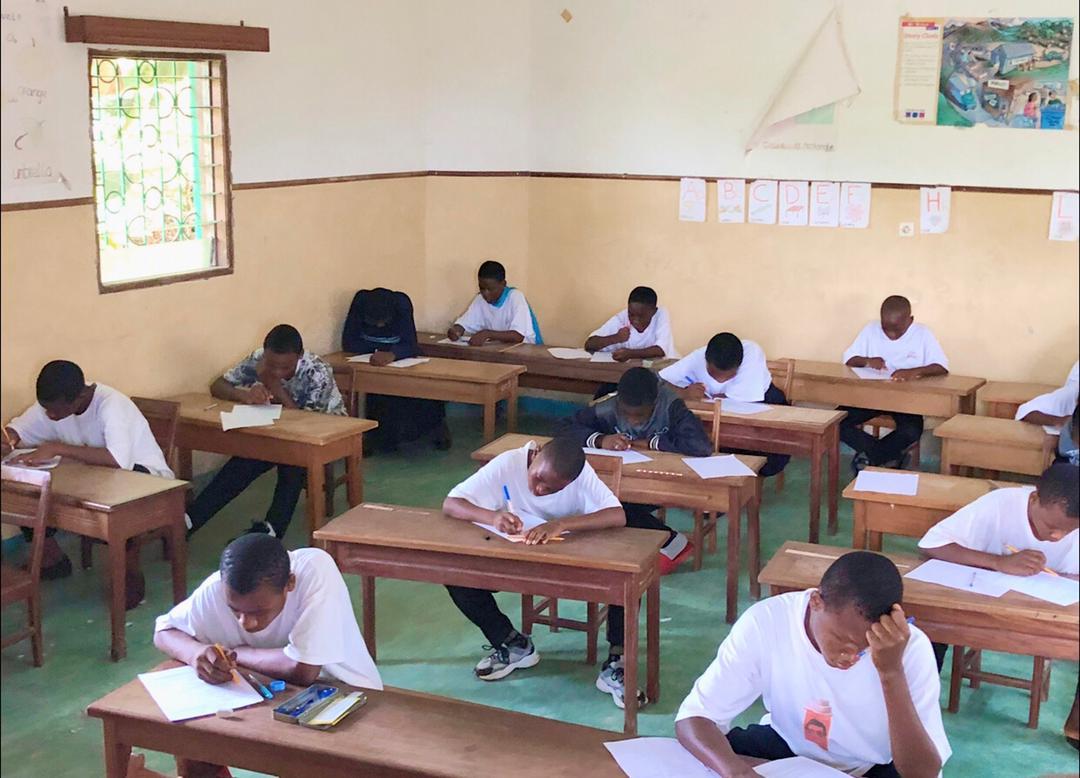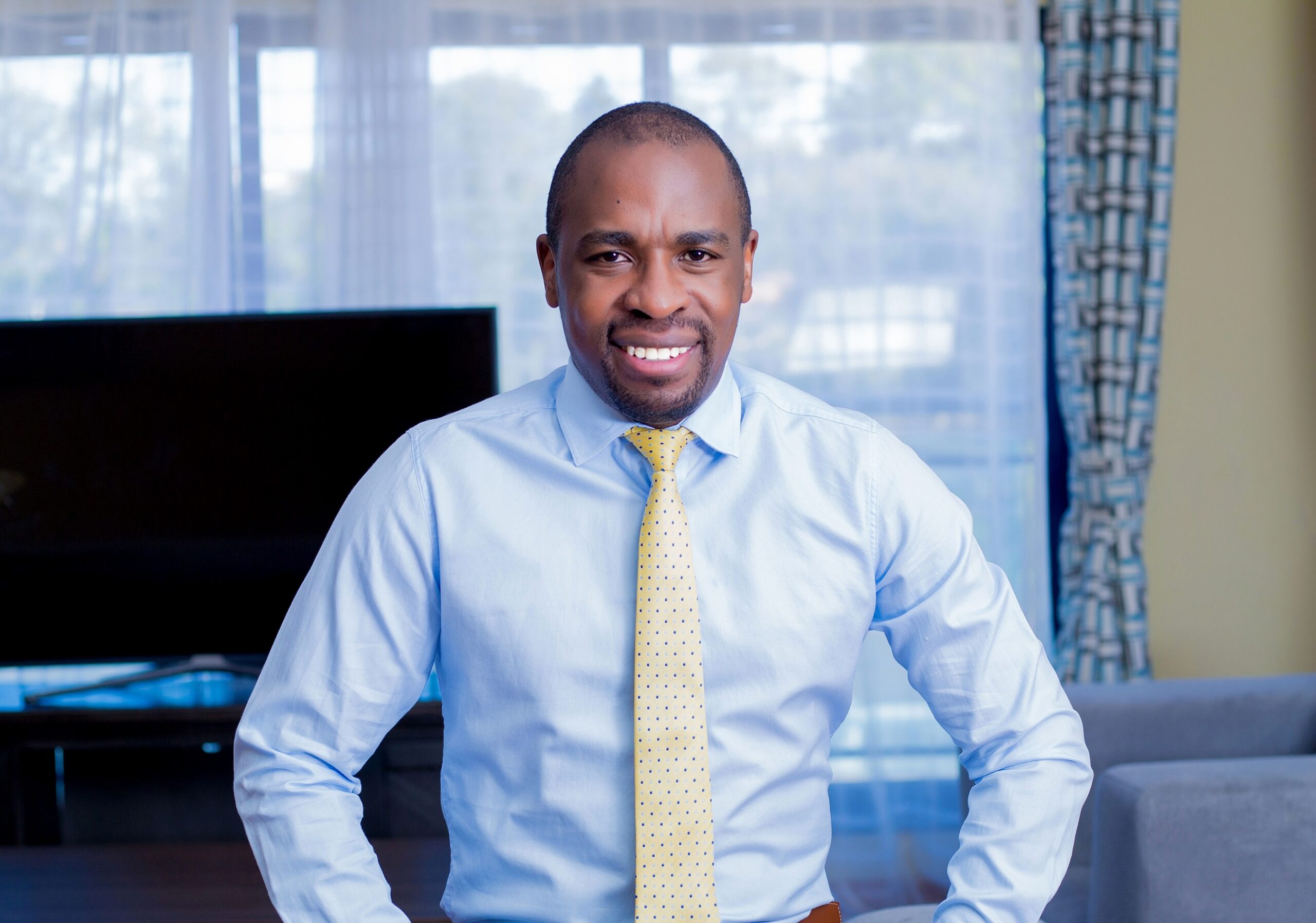Meles Zenawi: in his own words
August 24, 2012
By Peter Gill*
In the rush to judgement on the record and the legacy of Meles Zenawi as Ethiopia’s leader for the past two decades, the man himself has barely left the shadows. Yes, he achieved record economic growth for his country, and yes, he was a force for stability and an ally in the West’s ‘war on terror,’ and no, he was certainly not a liberal democrat.
He was also a much more attractive and significant figure than these achievements and positions suggest. His work rate was punishing enough to have cost him his health (he was only 57) and his political predominance owed as much to an extraordinary intellect as to his control over the apparatus of party and state. Reflecting his country’s tradition of independence and its inclination to keep foreigners in their place, he articulated a vision of an Africa where the West no longer ruled the world.
Educational attainment is no indicator of political capacity, but Meles’ academic exploits were exceptional. At 19 he dropped out of his medical degree in Addis Ababa to become a guerrilla fighter. Seventeen years later he took up his studies again (and insisted most of his young cabinet do the same) through the Open University, and got one the best business degrees they have ever awarded. He went on to a master’s degree at Erasmus University in Rotterdam, an undertaking inconveniently interrupted by the war with Eritrea.
His thesis, appropriately, was on the functioning of African economies. As he explained to me, it ‘was primarily intended for our own local consumption to see if our policies could stand up to the rigour of some academic scrutiny.’ He got his Master’s in 2004.
Meles famously had no small talk. Chris Mullin, as a junior Foreign Office Minister, tells how he was ushered into his office after a dramatic flight across the country from the Red Sea coast. ‘Spectacular country, Prime Minister,’ ventured Mullin, to break the ice. Meles smiled and said nothing. ‘It must be very difficult to govern,’ offered Mullin in desperation. ‘Spectacularly difficult,’ replied Meles. They then got down to business.
What he lacked in small talk he made up for in willingness to debate and argue, more enthusiastically with foreigners than with Ethiopians. In researching my book ‘
Famine and Foreigners: Ethiopia since Live Aid’ I trailed Meles to a series of ‘Farmers’ Festivals’ where he would give up a day to listen to speeches and hand out prizes. I heard him lecture on African development to several hundred economists, foreigners and Ethiopians, and then take questions for more than two hours.
It was after one of these occasions that I got my introduction. I told him who I was, what I was doing and said I wanted to conduct extensive interviews with him. He beamed good-naturedly. ‘I would be honoured,’ he said in as subtle a lack of formal commitment as I have ever received as a journalist. In the event I saw him for a total of four hours, and was free to tackle all the awkward questions, from Ethiopia’s image around the world to democracy and human rights and his plans to hand over power.
Here are some of the more surprising and challenging observations that Meles made to me. They help account perhaps for the regard in which he was held by fellow leaders in Africa and beyond:
On the shame and embarrassment of his country’s association with hunger and starvation:
‘Humiliation can be a very powerful motivation for action and therefore I don’t hate the fact that we get humiliated every day so long as it’s based on facts. If we feel we deserve to be treated like honourable citizens of the world, then we have to remove that source of shame.’
On the failure to respond effectively to the 2008 famine in southern Ethiopia:
‘That was a failure on our part. We were late in recognising we had an emergency on our hands. We did not know that a crisis was brewing in these specific areas until emaciated children began to appear.’
On how western aid agencies were also to blame:
‘They did not respond quickly. They didn’t have the means to respond quickly. But they were exaggerating, and it appears to us that they were deliberately exaggerating. My own interpretation is because they have to shock and awe the international community to get money.’
On the 2015 deadline for realizing the main Millennium Development Goal:
‘As far as halving poverty is concerned, we will achieve it. I have no doubt about it. I believe by 2025 we will be a middle income country with a per capita income of at least $1,000 a year and at around that time, slightly before perhaps, we will be completely free of aid of any variety.’
On the merits and limitations of democracy:
‘We believe that democracy, good governance and transparency and fighting corruption are good objectives for every country, particularly for developing countries. Where we had our differences with the so-called neoliberal paradigm is first on the perception that this can be imposed from outside. We do not believe that is possible. Internalization of accountability is central to democratisation. The state has to be accountable to the citizens, and not some embassy or foreign actor.’
On the pressure from western aid donors to adopt free market economics:
‘Our argument has been that the neoliberal model does not work in Africa. In developed countries it is a perfectly legitimate alternative (or it was – it needs serious modifications now). In the case of under-developed economies without the push of the state, an effective developmental state, it is very unlikely that the markets that do exist are going to function efficiently and push the country forward.’
On the restrictions imposed on foreign-funded Non Government Organisations:
‘These NGOs were initially seen as an antidote to what was seen as the main problem in Africa – the bloated state. This was supposed to be an alternative. You reduce the role of the state, including your social services, and you encourage NGOs to provide as much of the public services as possible. In the end we argue that the NGOs have turned out to be alternative networks of patronage. NGOs have not provided an alternative good governance network.’
On his wish to step down from power:
‘It’s not just about Meles. It’s about the old generation of leadership, the armed struggle leadership. There is consensus that the leadership has to go. Sometime during the next term [2010 - 2015] the whole leadership has to go.’
Meles’ work was not quite done. It is still unclear how far the transition to a new, younger leadership has progressed. It is still less clear whether sufficiently strong party and state institutions are in place to withstand the shock of his departure and the challenges that the new hierarchy will face. The ultimate objective, he told me in 2009, had always been for the ruling party to make itself redundant. Was that still the aim? ‘If it doesn’t do that, it has failed absolutely – miserably failed in its objective.’
*Source africanarguments.org Peter Gill is the author of Famine and Foreigners: Ethiopia since Live Aid, published in paperback this year by Oxford University Press.
































